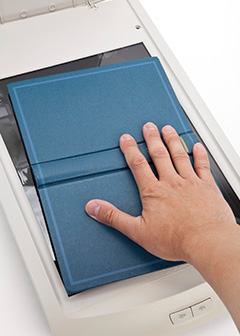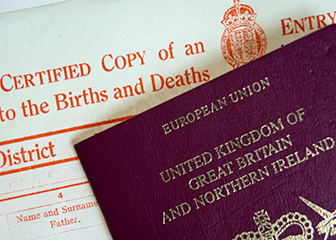Summary

| Quick Facts: Archivists | |
|---|---|
|
$45,200 per year
$21.73 per hour |
|
| Bachelor’s degree | |
| None | |
| None | |
| 6,100 | |
| 12% (About as fast as average) | |
| 700 | |
What Archivists Do
Archivists appraise, edit, and maintain permanent records and historically valuable documents. Many perform research on archival material.
Work Environment
Archivists work in museums, government, colleges and universities, corporations, and other institutions that require experts to preserve important records.
How to Become an Archivist
Archivists must usually have a bachelor’s degree in history or library science, although some employers require an advanced degree and related work experience. People often gain experience by working or volunteering in archives.
Pay
The median annual wage of archivists was $45,200 in May 2010.Job Outlook
Employment of archivists is projected to grow 12 percent from 2010 to 2020, about as fast as the average for all occupations. Jobs for archivists are expected to increase as public and private organizations require greater organization of, and access to, increasing volumes of electronic records and information. Workers will likely face strong competition for jobs because qualified applicants generally outnumber job openings.
Similar Occupations
Compare the job duties, education, job growth, and pay of archivists with similar occupations.
O*NET
O*NET provides comprehensive information on key characteristics of workers and occupations.
Contacts for More Information
Learn more about archivists by contacting these additional resources.








